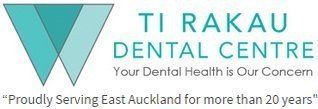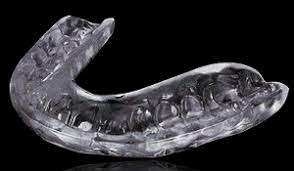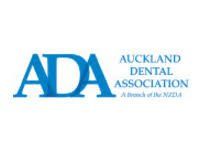
Affordable and quality dental solution for you!
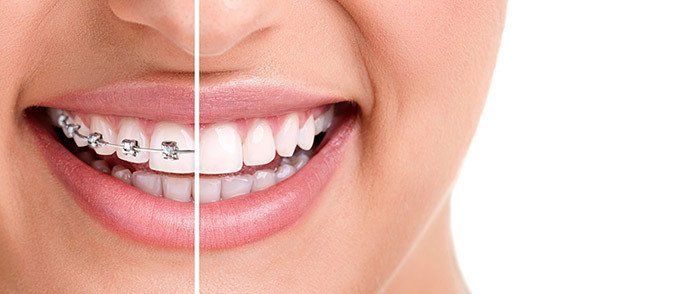
Stay Up To Date on The Latest Developments
How Can I Have Healthy Gums?
How do I Choose Filling or Crown?
What Are the Benefits of Dental Implants Over Other Treatments For a Missing Tooth?
Protect Your Teeth Against Fizzy Drinks
After extraction instruction
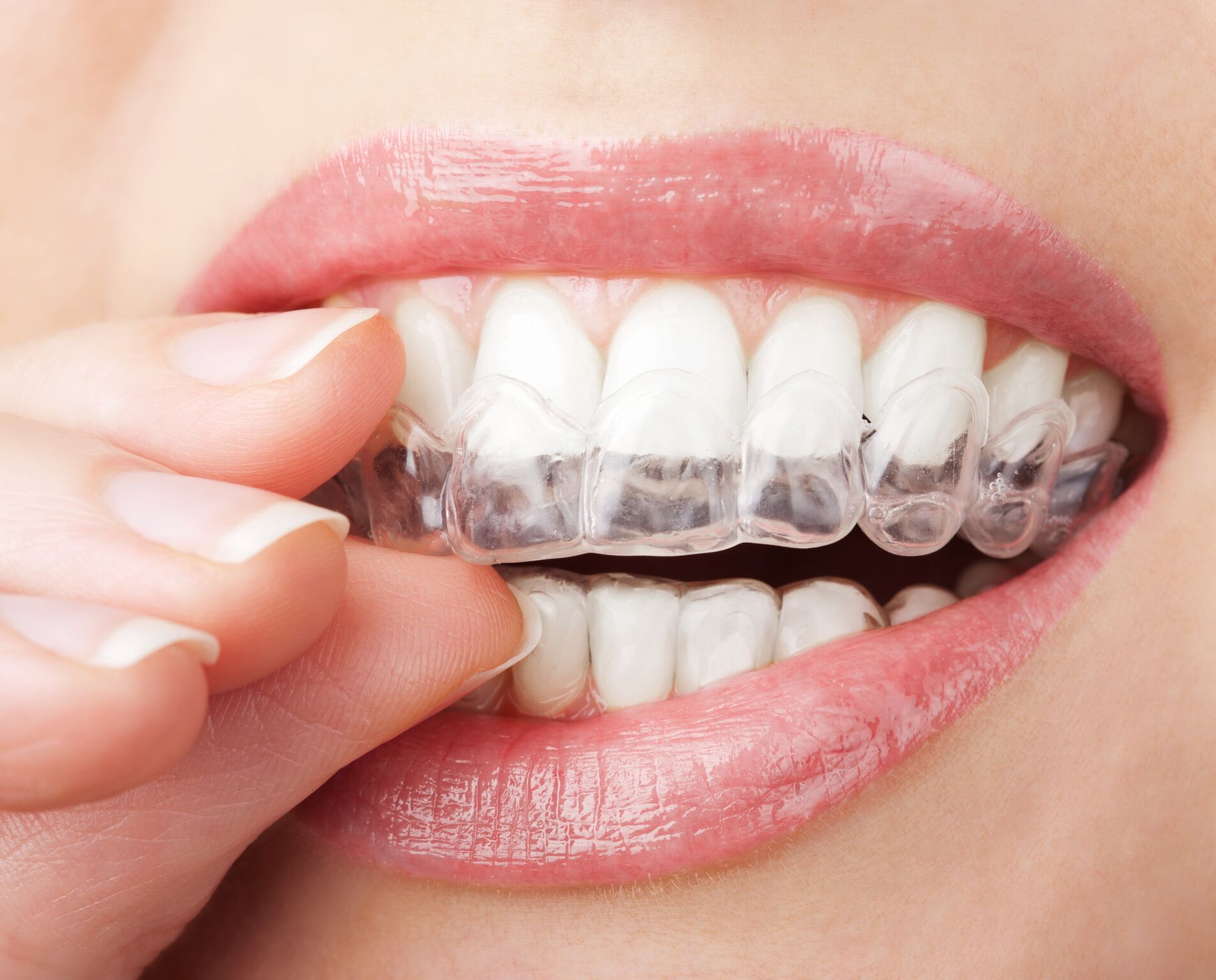
Retainers after Braces: Types and Maintenance

Sedation for Anxious Patients
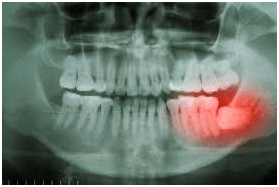
Wisdom teeth: Teeth that seem to have a mind of their own!
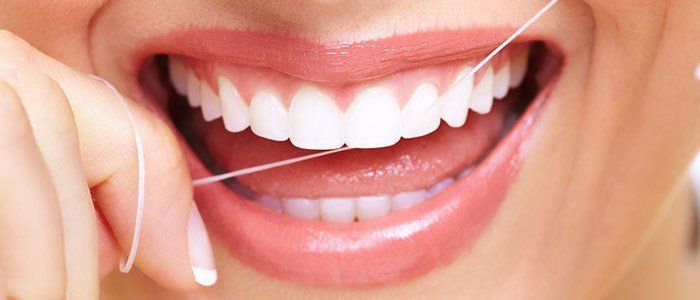
Why Do We Brush and Floss? How to Brush and Floss Properly
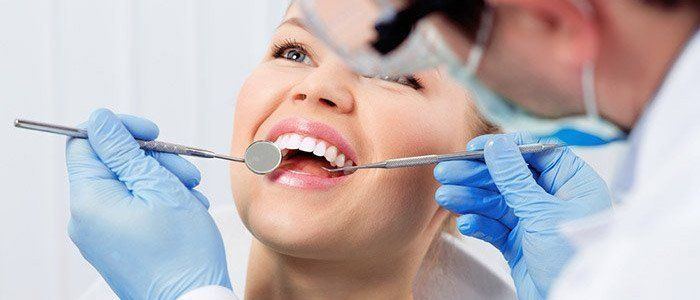
How Can I Have Healthy Gums?
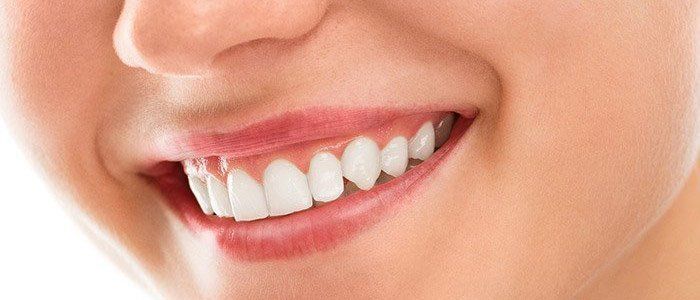
How do I Choose Filling or Crown?
What Are the Benefits of Dental Implants over Other Treatments For a Missing Tooth?
- Dental Implants are a very predictable way of replacing missing teeth. The chewing capability is similar to natural teeth.
- Dental Implants protect and keep your jaw bone healthy and as a result keep your face looking younger. However, if you lose a tooth, you will be left with a hole where your tooth root used to be and the bone around this area will slowly begin to disappear (atrophy) which may change the shape of your jaw. A dental implant placed in this space is the only restorative option that can actually stimulate bone growth and production, preventing loss of valuable bone structure.
- Dental Implants just look better - If placed correctly, a Dental Implant should blend beautifully with your surrounding natural teeth.
- Improved dental hygiene - Unlike Dental Bridges and dentures, which require special cleaning instructions and extra attention, dental implants just need regular brushing, flossing and hygiene appointments, just like your natural teeth.
- No need to drill or remove any healthy tooth structure - When replacing missing teeth with dental bridges, the teeth adjacent to the gap need to be prepared and healthy tooth structure is removed to accommodate a crown or bridge abutment to fit over the top of the tooth. In the future, if one of the supporting teeth is damaged, the entire bridge restoration will also be compromised, whereas with an implant, the restoration is independent of any of your other teeth. By replacing lost teeth with Dental Implants, no support is required of the adjacent teeth, and your natural teeth do not need to be prepared or altered in any way.
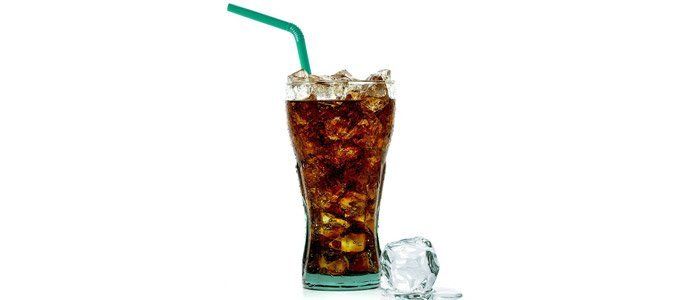
Protect Your Teeth Against Fizzy Drinks
- Lifestyle advice to protect teeth from fizzy Drink
- Use a fluoride toothpaste.
- Swish out your mouth with water to dilute the sugar and acid.
- Use a straw to keep sugars and acids away from your teeth.
- Never consume soft drinks or juice at bedtime. (The liquid pools in your mouth and coats your tongue and teeth.)
- Read the labels — sweetened drinks are high in sugar.
- Get regular dental cleanings to remove plaque (bacteria) build-up
What do I do if I Have Gums Disease?
- We will usually give your teeth a thorough clean. You will also be shown how to remove plaque successfully yourself, cleaning all surfaces of your teeth thoroughly and effectively.
- Once your teeth are clean, we may decide to carry out further cleaning of the roots of the teeth, to make sure that the last pockets of bacteria are removed. Afterwards, you may feel some discomfort for up to 48 hours.
- Review the gums after 1 month, the dentist will exam gums condition and evaluate your home care. Refer you to see periodontist may be indicated if the gums condition is not improved.
- Regular check-up and clean by the dentist are mandatory to maintain the healthy gums.
Restore a Missing Tooth in One Visit - Affordable Resin Fibre Bridge

Denture Instruction
Patient Instructions For Immediate Dentures
- After extractions, do not rinse, spit, smoke or suck on a straw. Do not rinse your mouth vigorously. Do not drink any hot beverages or carbonated beverages.
- See Extraction Post Operative Instructions for additional information on care of your mouth after tooth extraction.
- Your immediate denture not only replaces your missing teeth, but it is acting to protect the surgical site, control swelling, and control bleeding. The denture needs to be in place to be effective.
- The fit of your immediate denture will change as your mouth heals from the extraction of your teeth. As healing occurs, the dental ridges change shape – and they generally shrink in size. An immediate denture is often only a temporary denture which will require replacement or reline after final healing of the mouth.
- The dentist will check the wound and adjust the denture the following day.
- The immediate denture will need to be adjusted and/or relined to compensate for the changes that will take place in your mouth as the gums heal. You will be instructed by your dentist to return for periodic appointments to monitor your mouth for changes that will require denture adjustments.
- After the dental extraction sockets have healed over (two to six weeks) you may find a denture adhesive paste or powder to help stabilize your denture.
- Dental extraction sockets take at least 6 months to heal and fill in with new jaw bone. At that time, your dentist will speak to you about replacing your immediate denture with a permanent denture or making a permanent reline.
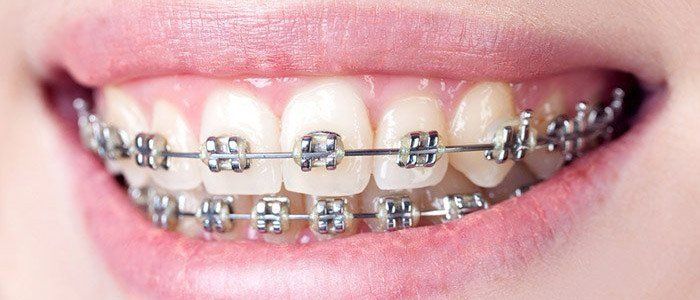
Instructions For The Care Of Braces
- Your mouth may feel uncomfortable and will take a few days to get used to it
- We can provide orthodontic wax to prevent your brackets ( the attachments on your teeth) from the brace catching the inside of your lips and cheeks. This can be placed over the areas that are rubbing and should ease the discomfort.
- A mild painkiller such as Ibuprofen or paracetamol and soft diet may help ease discomfort
- Most patients find that after a few days/weeks their mouth will toughen up and get used to the brace.
- You are required to attend all scheduled appointments so that your treatment would
- progress smoothly and quickly.
- Avoid eating hard foods such as crusty bread and pizza crust.
- If eating foods such as apples ensure they are chopped into small pieces and placed on the
- biting surfaces of the back teeth to chew on to avoid any breakages brace.
- We do recommend that you avoid foods that contain excess amounts of sugar such as fizzy drinks and sweets.
- Recommended drinks are milk and water.
- Avoid sticky foods such as chewing gum, lolly pops, toffees, caramel, etc . These must be
- avoided as they can damage the teeth and the brace.
- To avoid breakages be careful with your diet as mentioned above.
- Avoid chewing pens/pencils and biting your nails as these can result in breakages.
- If any of your brackets feel loose or have fallen off please contact the practice for advice.
- Check your brace every night-if any of the brackets are loose then please contact the
- practice as soon as possible.
- Use a fluoride toothpaste.
- Brush in a circular motion above and under the brace. This should be followed by the use of interdental brushes upwards and downwards in between the brackets and wires.
- Also pay particular attention to the gum area. It is important to brush your teeth in the morning, after each meal and before going to bed at night.
- We recommend that you use interdental brushes (available at reception) these are designed to help clean under your fixed braces/wires.
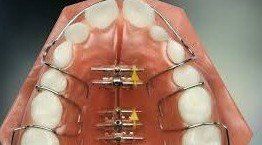
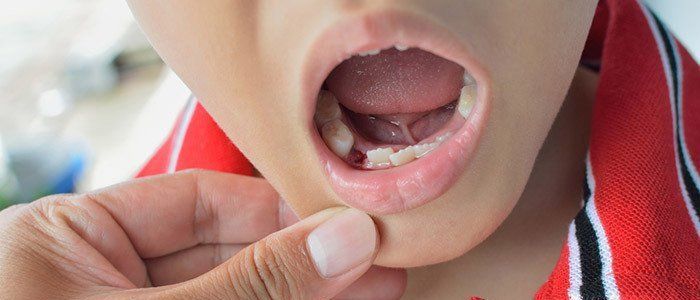
After extraction instruction
- Keep biting on the pad inserted for one full hour.
- Avoid strenuous exercise.
- Avoid sucking or interfering with the wound.
- Avoid hot fluids or food, alcohol and hard foods for 24 hours.
- A slight ooze of blood can be expected. If there is more bleeding apply pressure by placing a firm pad of clean gauze or a small handkerchief over the bleeding point and closed jaw firmly for 30 minutes by the clock. Repeat several times if necessary.
- DO NOT RINSE MOUTH FOR 24 HOURS. Then, use half a tea spoon of salt in a glass of hot water and SOAK around wound area. Do this four times a day.
- Teeth can be and should be brushed carefully the day after extraction.
- If excessive bleeding or undue pain or any other complications occur, please contact us 092738911 for advice.
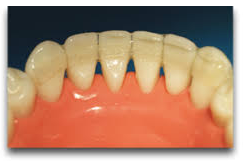

8 Ways to Keep Your Teeth Healthy
Please DO NOT HESITATE to call 09 273 8911 with any questions or concerns you may have.
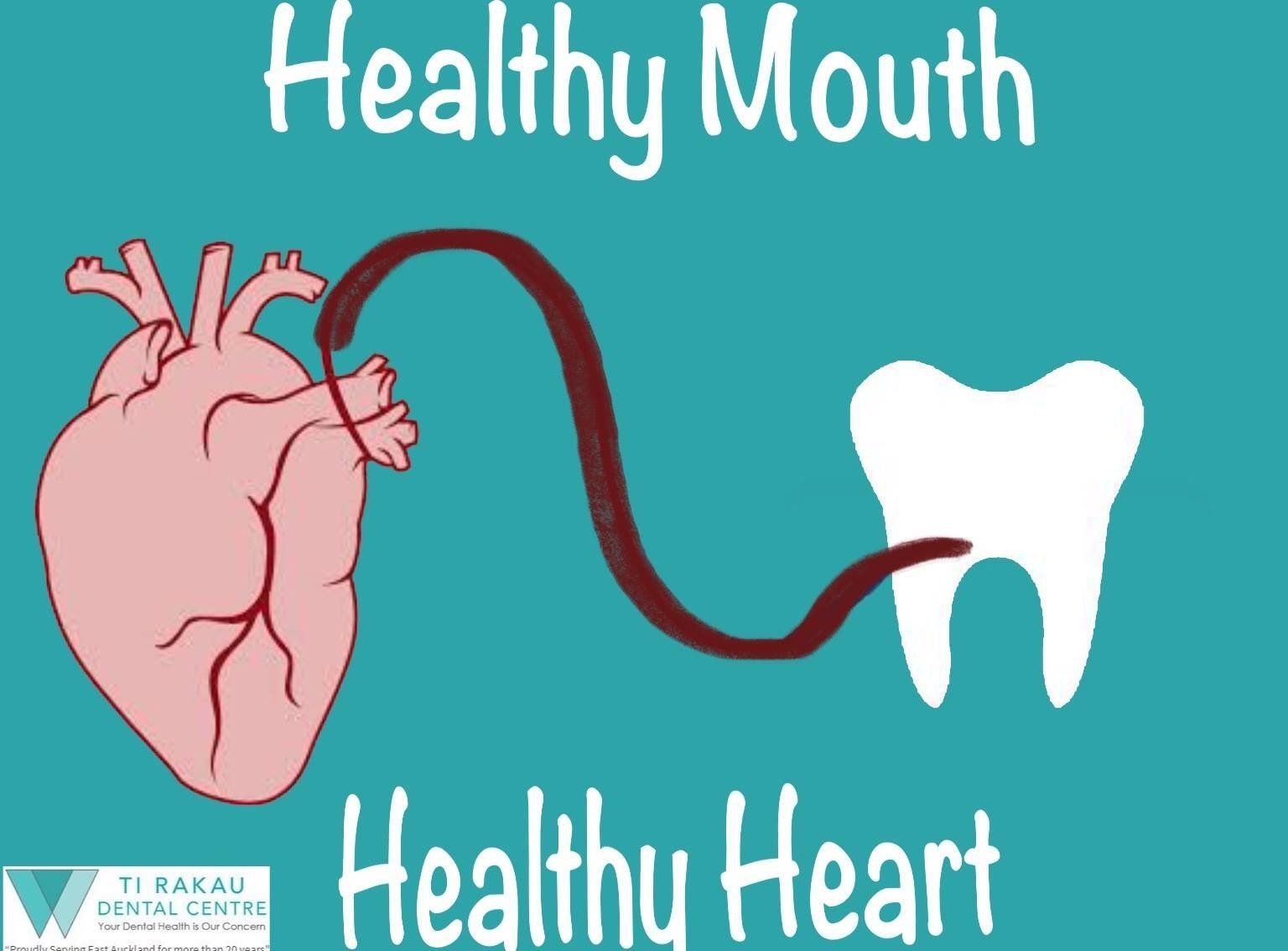
Why is your oral health so important?
Bite splint instruction
An occlusal splint is a removable appliance made of acrylic /resin that covers the biting surfaces of
upper or lower teeth. It is indicated for patients who have jaw /muscle pain or headaches; temporomandibular disorders
(TMD)or patients who display excessive wear of their teeth from clenching or grinding(bruxism).
It will allow the jaw to find its best position because the splint prevents the teeth from locking
together, which reduces load on jaw muscles & teeth.
ADVANTAGES
Protects natural teeth from further wear & prevent further cracking of teeth. Protects restorations,
resin fillings, Crowns, Bridges or Implant restorations.
Relieves jaw joint pain, muscle aches in jaw, jaw/muscle related headaches/neck pain.
Stabilises jaw joint
Promotes jaw relaxation in patients with stress -related pain symptoms.
WHEN TO WEAR
If you are aware you grind at night then wear at night while you sleep to prevent this. If you are
experiencing pain in the morning on awakening again this is a sign of night-time clenching so again
wear at night until symptoms subside.
If you find you are clenching during the day then, daytime use is advised. If you are getting pain in
jaw joints or muscles during the day then daytime use is indicated. Some patients require full time
use during initial phases to get pain to subside.
WHAT TO EXPECT INITIALLY
Excess saliva for a few days, this normally subsides after a week or two of continued use.
Once put in feels tight initially for a few minutes, this is normal. It will feel snug against the teeth but
not too tight or uncomfortable. It should not rub the gums.
The jaw position will be unusual at first but after a few days become used to the new position. Pain
if it was a symptom should subside.
Altered speech should return to normal if using it during the day as the tongue adjusts to new
position. Practice reading out load in private before using in public for the first time.
WHEN TO REMOVE
Do not wear whilst eating, it is not designed for this.
Remove while cleaning your teeth, sounds obvious but happens late at night!
Not to be worn during sporting activities, this is not a sports mouthguard.
CLEANING & STORAGE
The splint needs to be kept clean, just as your own natural teeth.
Bad breath & taste will result from inadequate cleaning.
Clean with a soft brush & anti-bacterial hand soap for a minute before & after use.
Rinse & dry then place in storage box provided.
It may be disinfected for 10 minutes periodically in Milton’s Solution once per week to keep microbe
levels down.
MAINTENANCE
Keep appointments for review or adjustments of occlusal splint.
Bring along to EVERY DENTAL APPOINTMENT so this can be checked & adjusted as required.
Do not keep wearing unless you are having the periodic 6 monthly appointments so it can be
checked it is fitting/working properly.
WHEN TO CONTACT DENTAL CLINIC
If pain is not reducing in jaw joints after a several days of continued use.
The bite is not comfortable.
It feels too loose & keeps falling out.
Notice any cracks or damage.
Loss or breakage from incorrect use is not covered.
DO NOT
Clench or continuously bite down on mouthguard
Soak in Dettol/denture cleaning agents /alcohol based mouthwash for long periods
Use toothpaste to clean
Place in hot water
Leave out in direct sunlight
Carry in pocket without being in protective case
Leave out for the dog to chew!
ALTERNATIVE TREATMENT OPTIONS
Modified diet, soft diet, to rest jaw & minimise chewing.
Try to chew on both sides & not favour one side.
Avoid extreme movements, yawning and/or opening too wide & don’t talk too much!
Physiotherapy.
Exercises, massage, gentle stretching can be effective in reducing pain.
Hot and cold packs applied to tender areas can be useful in reducing pain
Relaxation & stress management can go a long way to stopping the symptoms.
Medications, painkillers including anti-inflammatories are useful in short term pain management.
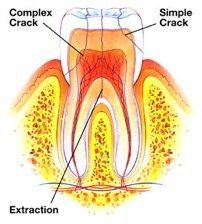
Teeth are fracturing due to longer life spans (older, brittle teeth tend to crack more) and teeth clenching and grinding (higher stress in modern society).
Diagnosis is critical if your dentist can detect a crack while it’s small, treatment can usually save a tooth. However Crack Tooth Syndrome is a real problem that’s often quite difficult to diagnose. The term “syndrome” refers to the association of several clinical signs (discovered by the dentist) and symptoms (reported by the patient), which often occur together. Because the signs and symptoms vary in cracked tooth syndrome, diagnosis , actually pinpointing the problem tooth (or teeth), can be difficult. Sometimes crack detection requires high magnification instruments. Most endodontists (root canal specialists) use microscopes as a routine part of their practice and are very good at detecting cracks and fractures. Endodontists can also assess whether a crack has involved the nerve within a tooth and whether root canal treatment is needed to relieve the pain and symptoms.
Symptoms will vary depending on the location of the crack in a tooth and what other structures are involved. A sharp, intense pain of short duration during chewing and upon release of food usually indicates a crack in a “vital” tooth, in which the nerve has not been affected. If a crack reaches the nerve it will become an avenue for infection. The pulp tissue housing the nerve then becomes inflamed and sensitive to temperature changes. Cracks in teeth without a living nerve give vague symptoms and the origin of the pain is often difficult to locate until the tissues around the teeth are affected. If a crack involves the periodontal structures (the gum, periodontal ligament and bone), symptoms may include tenderness around the tooth, easily identifying what tooth is hurting.
Treatment is always based on a proper diagnosis. It could be as simple as replacing the lost tooth structure, or covering the crack or fracture with appropriate restorative materials. If the nerve is involved, it might mean root canal treatment and protection of the tooth with a crown (cap). Another suggestion your dentist may have, is that you consider wearing an occlusal (bite) guard to protect your teeth from clenching and/or grinding (bruxism) which may very well be occurring subconsciously. At worst, if the tooth is not salvageable it will mean tooth loss and replacement.

